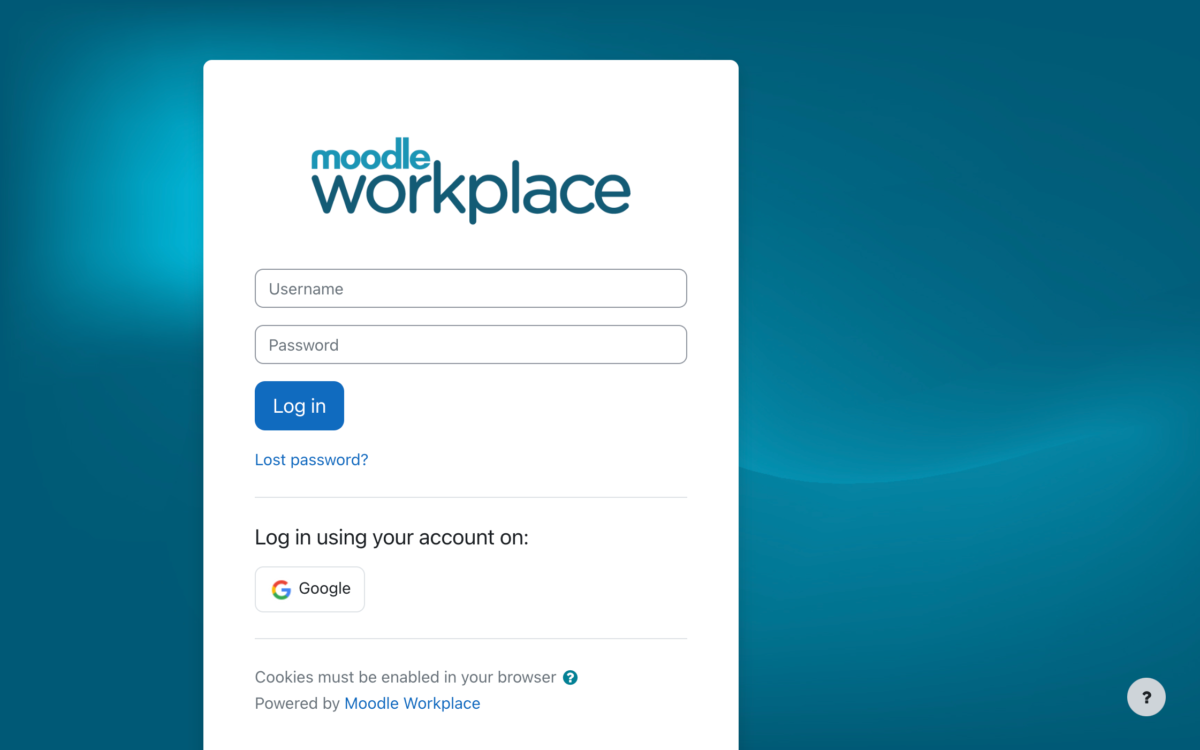The human factor is an oft neglected element in implementing and designing eLearning.
What is meant by the human factor? Are we talking about built-in fallibility in course design? No. What is meant by the human factor in the context of eLearning development and design is asking people what they think about the course they just took.
Ask qualitative questions in face-to-face interviews. Too often, questions are hemmed in by poorly worded surveys which if not done correctly, yield unhelpful information.

The Human Factor by Kgbo, 1988 World Exp
Here are some face-to-face questions you might want to consider in post-course interviews with your clients:
- What do you like about the course you just took?
- What could be improved in the course?
- Were the learning objectives clearly stated? If not, how do you think they could be improved?
- Can you describe your satisfaction with the way you were assessed?
- What did you learn from the course?
- Do you feel the communication tools in the course were easy to use? If not, why not?
These might seem like common sense questions, and indeed they are. But they can yield good information about fine tuning your materials.
Too often eLearning designers fall into the trap of ignoring the power of one-on-one targeted questioning sessions.
When it comes to designing your course materials, keep the human factor in mind. That can mean testing knowledge before it is presented to see what your learners already know about the subject. Also it is important to guide users to make up their own mind in reflective activities. A reflective activity can challenge pre-conceived notions about a certain subject. This reflective learning can be delivered in the pre-test mentioned above, and then later tested following the course materials to gauge if the learners have changed their perceptions.
Let’s say you are training call centre representatives how to handle customers who insist they are right. You may want to pre-test your learners with a question like:
When a caller insists they are right and you are wrong, the suggested course of action is to:
a) Tell the customers they are wrong and explain why
b) Tell the customers they are wrong and hang up
c) Listen empathetically, re-state their concern, and then provide them with correct information
d) Hang up and take the next caller because they are wasting your time
Contact My Learning Space for more information on course design.







